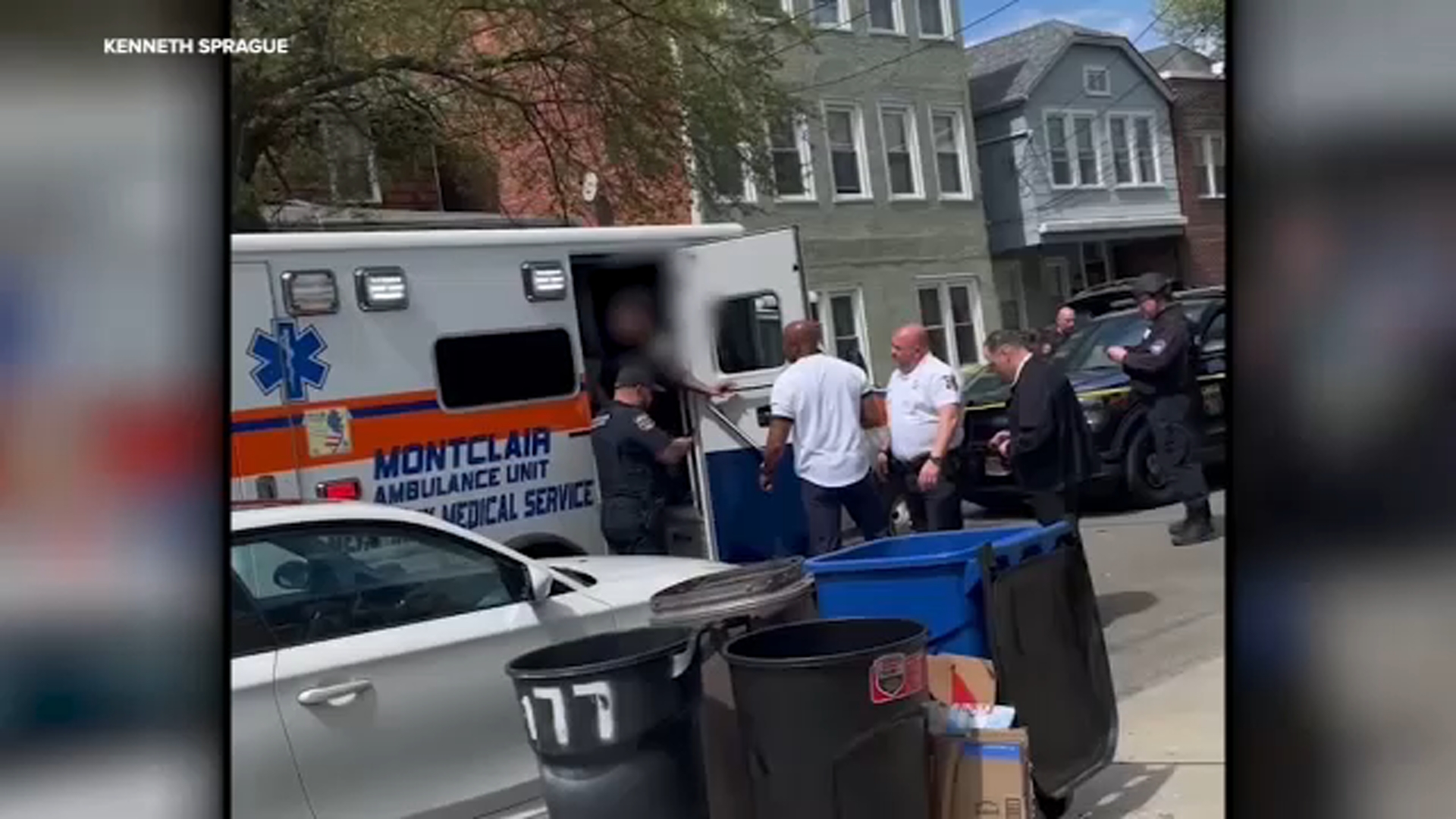Jimmy Carter will undergo radiation for brain cancer

ATLANTA (WABC) -- Former President Jimmy Carter announced Thursday that his cancer is on four small spots on his brain and he will immediately begin radiation treatment, saying he is "at ease with whatever comes."
"I'm ready for anything and looking forward to a new adventure," said Carter, appearing upbeat and making jokes as he openly talked about his cancer during a news conference.
Carter said Thursday at a news conference in his first public remarks since his diagnosis that he would undergo the first treatment later that day.
"I feel good. I haven't felt any weakness or debility," said Carter on Thursday during the conference. "The pain has been very slight. Right after the operation on my liver, I had a little pain in my stomach. ... I only took the pain medicine for a few hours and then didn't have to take it anymore."
He also says he will cut back "fairly dramatically" on his work at the Carter Center. He said he plans to try as best he can to continue work as a professor at Emory and attend some of the meetings, but the rest of activities will depend on doctors.
Carter said a tumor showed up in an MRI after he sought treatment at Emory hospital in Atlanta. He said he first felt sick while he was in Guyana in May to monitor an election. The center announced Carter had a small mass removed from his liver Aug. 3. Carter announced Aug. 12 that the liver surgery found cancer that has spread to other parts of his body. The three-sentence statement did not identify the cancer or say where it originated.
Carter said Thursday that he expects that cancer is "likely to show up in other places in my body as scans progress."
His father, brother and two sisters died of pancreatic cancer. His mother also had the disease.
Carter was the nation's 39th president, advancing as a virtual unknown on the national stage to defeat President Gerald Ford in 1976. But several foreign policy crises, in particular the Iran hostage crisis, crushed his bid for re-election and Ronald Reagan swept into the White House.
Carter was asked Thursday if there was anything he would have done differently as president, Carter mentioned his handling of the hostage crisis. "I wish I had sent one more helicopter to get the hostages and we would have rescued them and I would have been re-elected (laughter).... But if I had to choose, I would stick with the Carter Center."
Carter said once he learned of the diagnosis, he at first kept it to himself until a couple weeks later.
When asked if he still felt he had work left to do, Carter said, "I do and within the bounds of my ability, I will continue to do it."
The native of tiny Plains, Georgia, rebuilt his career as a humanitarian guiding the center focused on global issues, including health care and democracy. Carter earned a Nobel Peace Prize in 2002, helped defuse nuclear tensions in the Koreas and helped avert a U.S. invasion of Haiti.
He reflected on Plains Thursday. "Plains is my home. I was born there. My wife was born there. I knew Rosa when she was first born. Plains has always been a haven for us. When I got out of the Navy in 1953, I went to Plains... done being president came to plains...done being governor, came to Plains. Plains has been a focal point of my life."
He and his wife, Rosalynn, still make regular appearances at events in Atlanta and travel overseas. When the couple is in Plains, Carter frequently teaches a Sunday School class before services at Maranatha Baptist Church. He plans to teach this weekend as scheduled, according to the church.
ABC News and the Associated Press contributed to this report.




